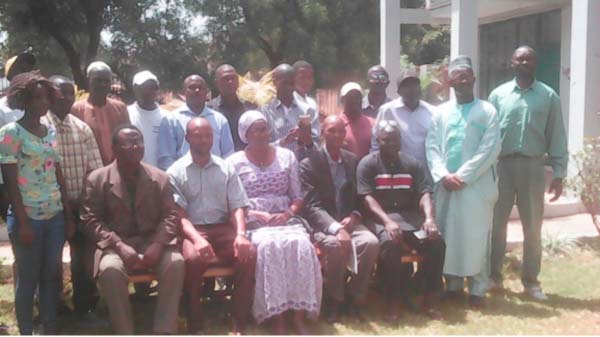
Gambia
Technical Training Institute (GTTI) engineering department, in collaboration
with the National Environment Agency (NEA), recently held a training workshop
for entrepreneurs and technicians on hydrocarbon and carbon dioxide management
in the use of refrigerators and air conditioning
The
training, held at the GTTI ground, was funded under the UNIDO project.
Speaking
at the opening ceremony, the Director of GTTI, Jahou S. Faal, said The Gambia
Technical Training Institute, in fulfillment of its mandate, aims to address
the mid-level manpower needs of The Gambia and its partners.
They have engaged a series of technology
transfers to technicians in the area of refrigeration and the air conditioning
sector.
She
said as TVET training provider, the engineering department is fully equipped
with standard equipment to meet their needs and to promote natural friendly
gases for refrigeration and air conditioning applications as part of a contract
signed with UNIDO.
The
project aimed to raise awareness on the commercial use of ozone depleting
substances that could be harmful.
She
said that their last training familiarised them with modern tools and equipment
given by UNIDO to reduce the greenhouse emissions associated with industrial
and domestic RAC facilities in The Gambia in creating an enabling environment
for the use of natural refrigerants.
“This
training is an opportunity to learn and adopt good practice in the use of
natural refrigerants as recommended as alternatives to the use of Hydro
Chlorofloro Carbon (HCFCs),” she said.
Lamin Komma, SPO coastal and marine unit at
NEA, said the training was in line with the objective to reduce greenhouse
gases and the use of ozone depleting substances through technology transfer in
the industrial refrigeration and air conditioning sector in The Gambia.
He said HFCs is a man-made chemical that are
primarily used in air conditioning, refrigeration and foam insulation and are
powerful greenhouse gases that could be thousands of times more potent than
carbon dioxide in contributing to climate change.
Mr
Komma said the training would enable the participants to know the new
alternatives like hydrocarbon 290 for their air conditioning systems, and
natural refrigerants.


